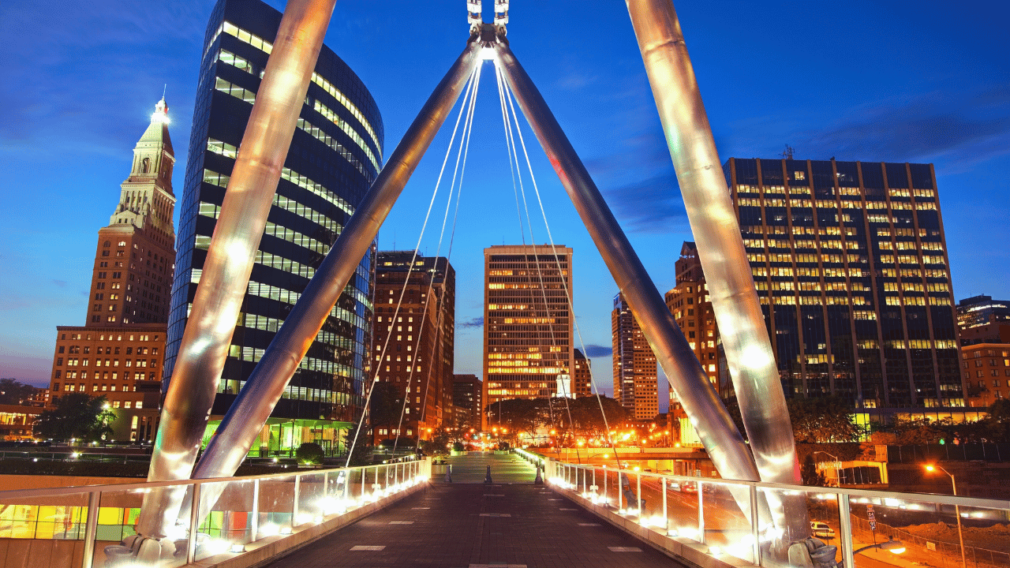Connecticut Governor Signs Bill Banning Sweepstakes Casinos
Connecticut Governor Ned Lamont signed Senate Bill 1235, outlawing online sweepstakes casinos, making the state the second in the U.S. to enact such a ban.

A Landmark Ban Signed into Law
Governor Ned Lamont signed Senate Bill 1235 (SB 1235) into law, banning sweepstakes in Connecticut. Passed unanimously by the Senate (36-0) and House (146-0), the bill targets platforms using dual-currency systems that mimic gambling. “This ensures a fair, safe market,” said Bryan Cafferelli, Commissioner of the Department of Consumer Protection (DCP). Effective October 1, 2025, the law makes Connecticut the second state, after Montana, to prohibit these operations.
SB 1235 bans sweepstakes platforms, like High 5 Casino and VGW’s Chumba, that offer games such as slots, video poker, blackjack, roulette, craps, keno, bingo, and sports betting using virtual coins redeemable for cash. These sites skirt regulations by using dual-currency models, where players buy or earn coins to play.
“They’re unregulated gambling,” said Kris Gilman, DCP’s Gaming Division Director. The law classifies violations as Class D felonies, punishable by up to five years in prison and $5,000 fines. Grocery store promotions tied to sales, without cash prizes, are exempt.
Broader Gambling Reforms
Beyond the ban, SB 1235 expands legal betting options. It allows wagers on boxing and mixed martial arts (MMA), previously restricted, and permits bets on Connecticut college teams in tournaments with four or more teams, like March Madness. “This balances regulation with opportunity,” Cafferelli noted in a DCP statement.
The bill also tightens lottery courier oversight, mandates operator transparency, and limits gambling ads to protect vulnerable groups. An initial provision banning lottery couriers was removed.
Why Connecticut Acted
Sweepstakes platforms operate in a legal gray area, evading taxes and consumer protections. In 2024, High 5 Games paid $1.5 million to settle DCP charges for unlicensed operations.
“These sites lure players without safeguards,” Gilman said, citing risks to minors and problem gamblers. The DCP’s 2024 probe found 1,200 Connecticut residents used sweepstakes sites, per state data.
Supporters argue SB 1235 shields the state’s regulated gambling, which employs 7,000 at tribal casinos, per the Hartford Courant. Montana’s May ban, with fines up to $50,000, set a precedent, while Louisiana’s similar bill awaits a potential veto override.
Opposition and Economic Concerns
Critics, including the Social Gaming Leadership Alliance (SGLA), slammed the law. “It’s a win for the black market,” said Jeff Duncan, SGLA’s Executive Director, arguing it stifles innovation and jobs.
The Social and Promotional Games Association (SPGA) warned of unintended bans on legitimate promotions, like Starbucks rewards.
Fairplaygov, an anonymous critic, claimed Connecticut’s three-sportbook limit fuels unregulated platforms. “Expand licensing, don’t ban,” they urged, estimating 60% of state bettors use offshore sites.
Recommended
